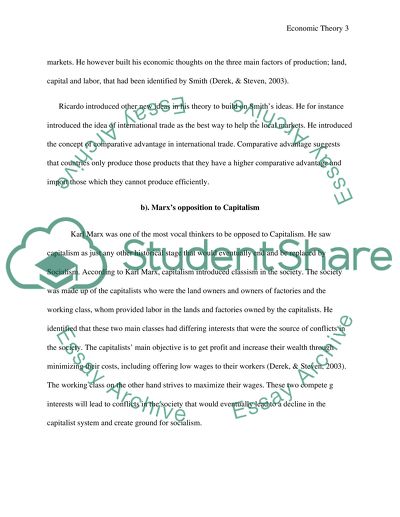Cite this document
(“Economic Theories Essay Example | Topics and Well Written Essays - 750 words”, n.d.)
Retrieved from https://studentshare.org/history/1493975-economic-theories
Retrieved from https://studentshare.org/history/1493975-economic-theories
(Economic Theories Essay Example | Topics and Well Written Essays - 750 Words)
https://studentshare.org/history/1493975-economic-theories.
https://studentshare.org/history/1493975-economic-theories.
“Economic Theories Essay Example | Topics and Well Written Essays - 750 Words”, n.d. https://studentshare.org/history/1493975-economic-theories.


